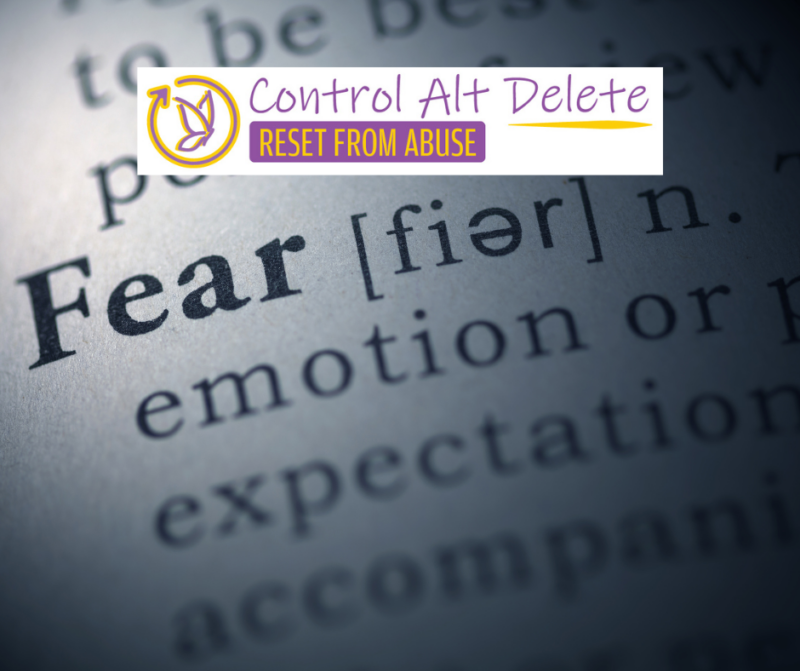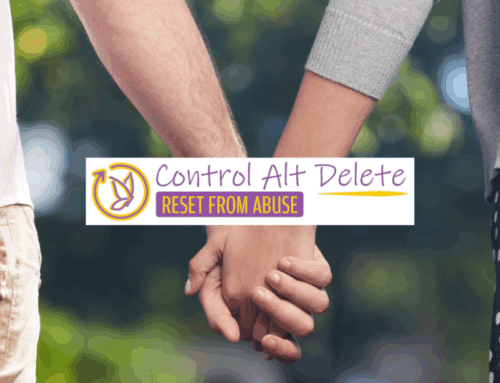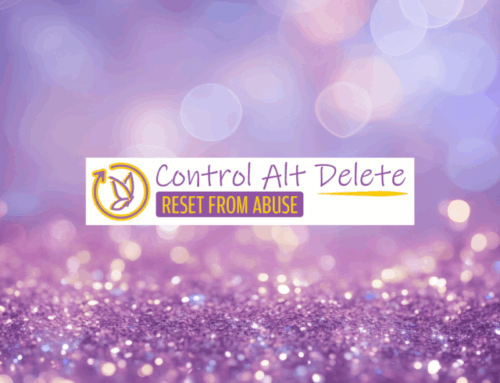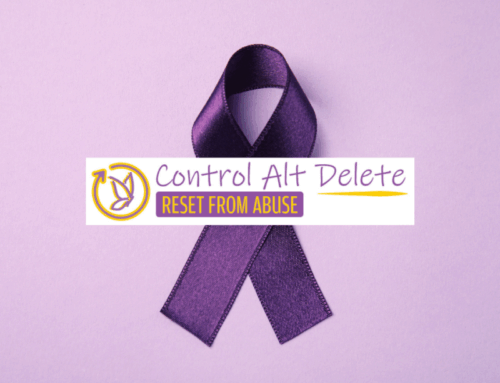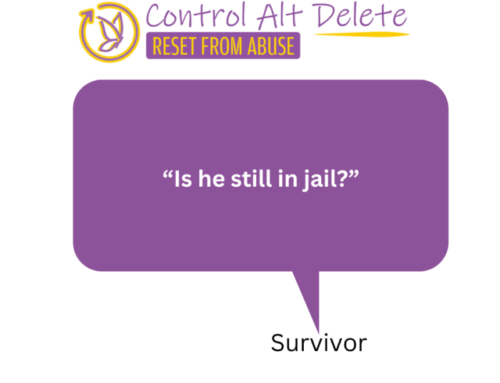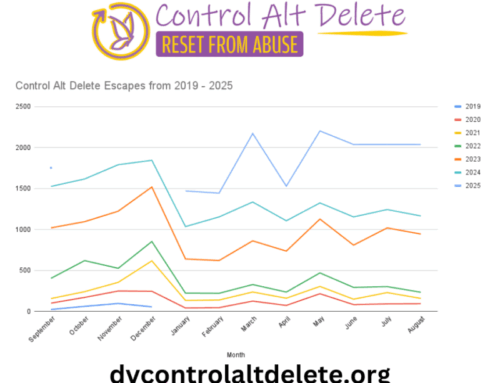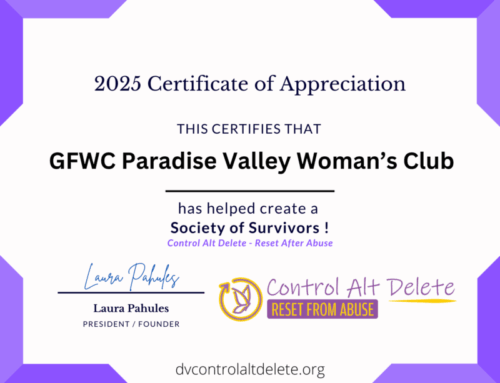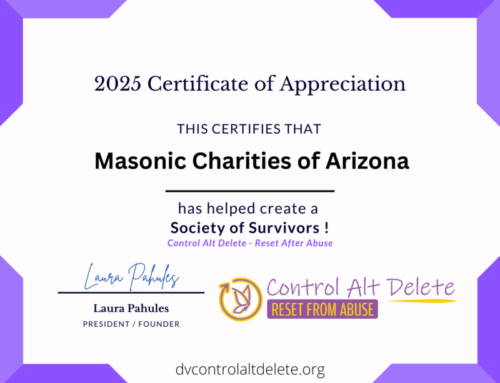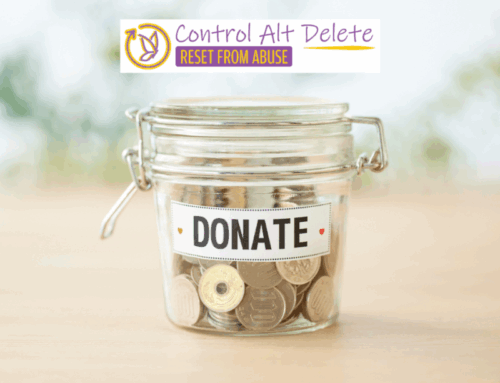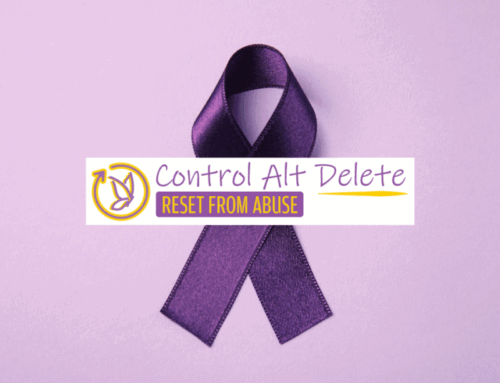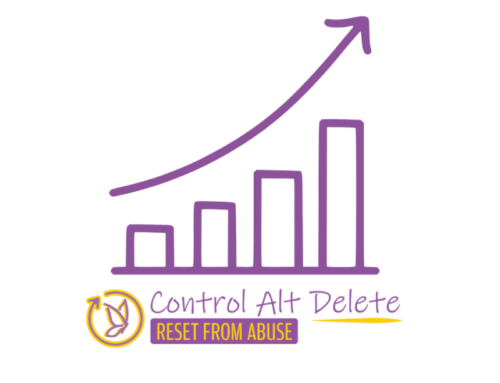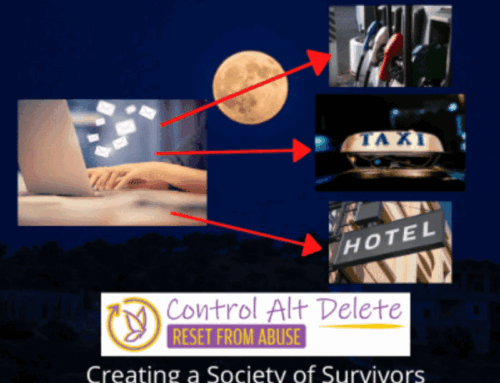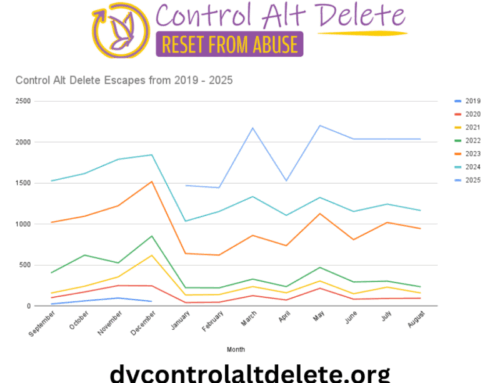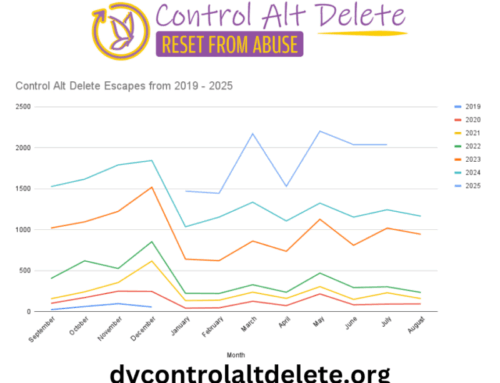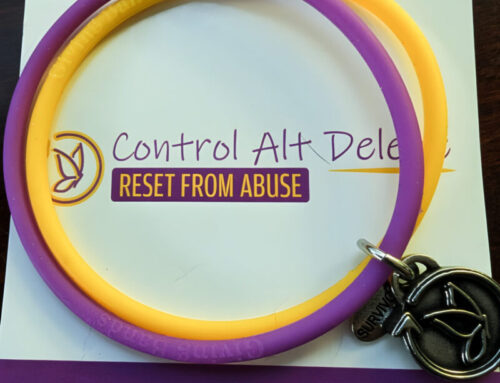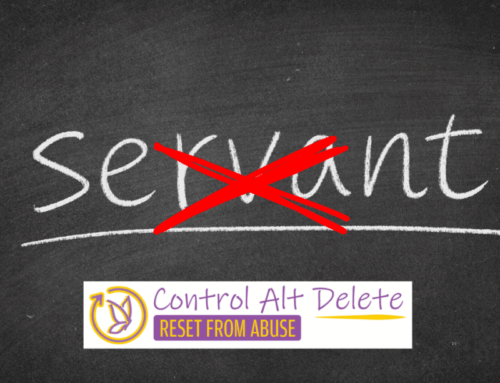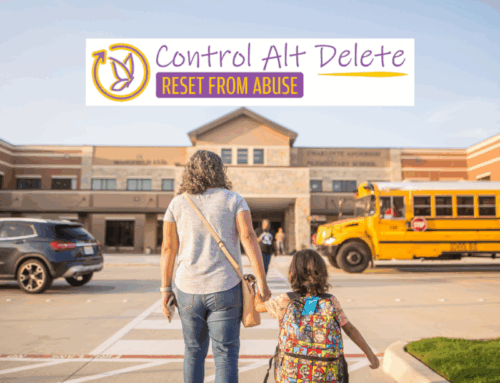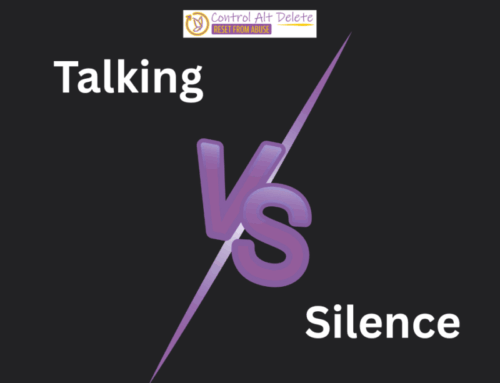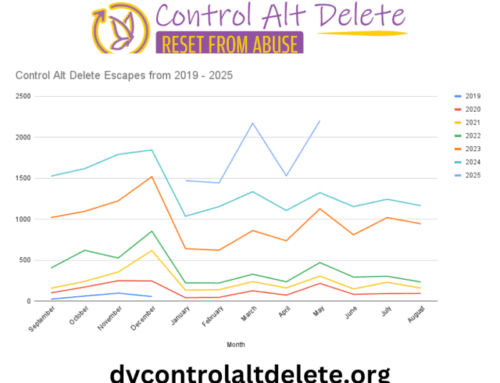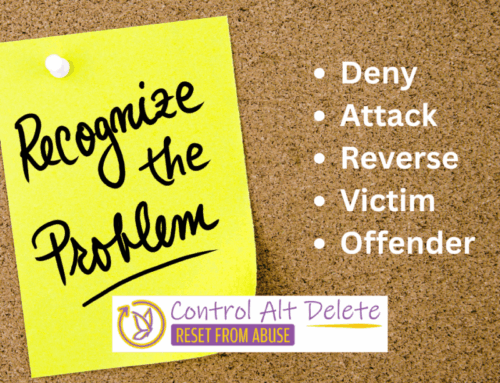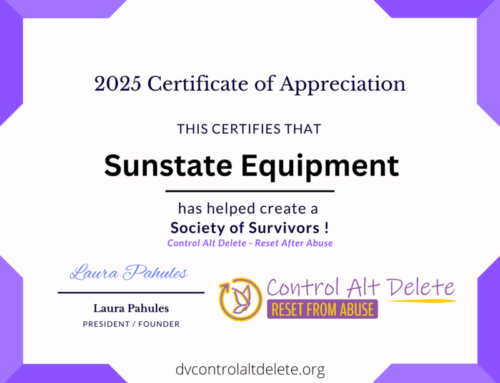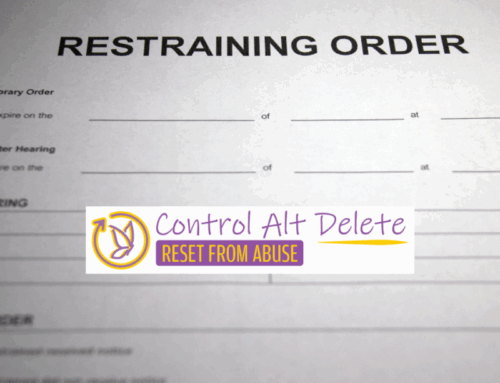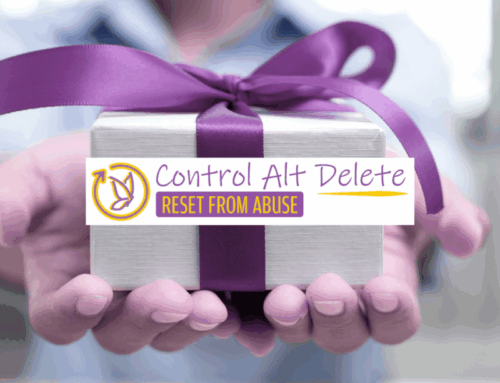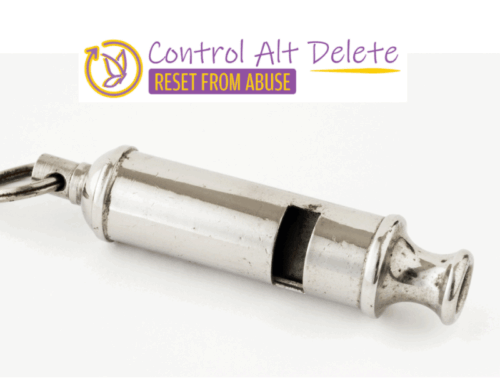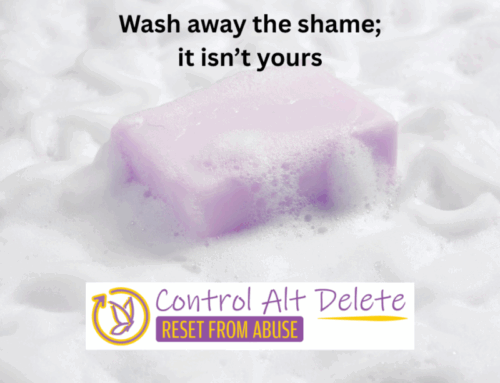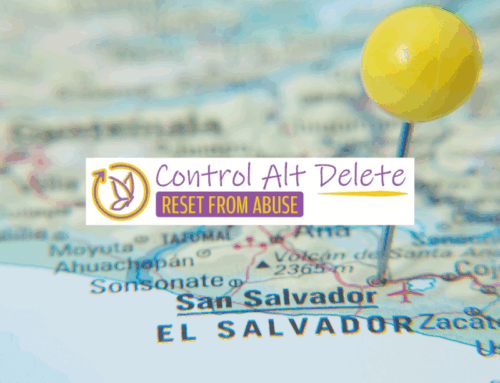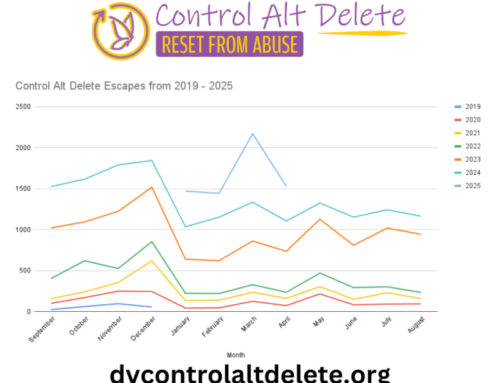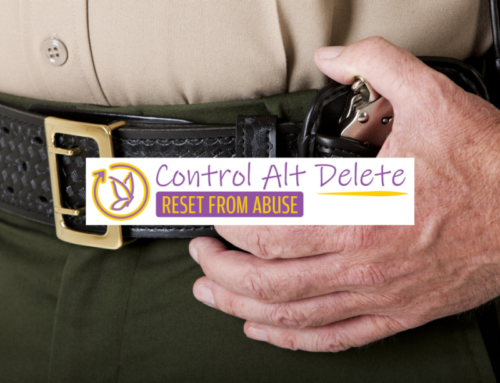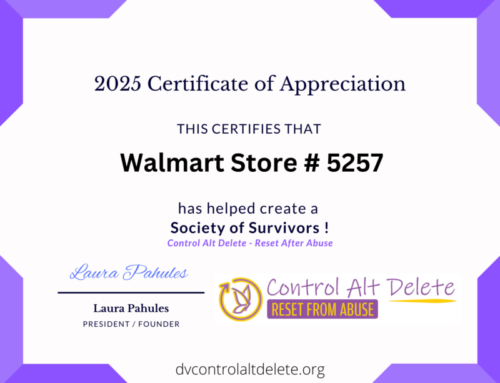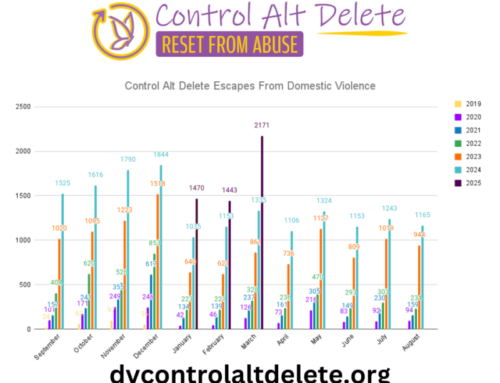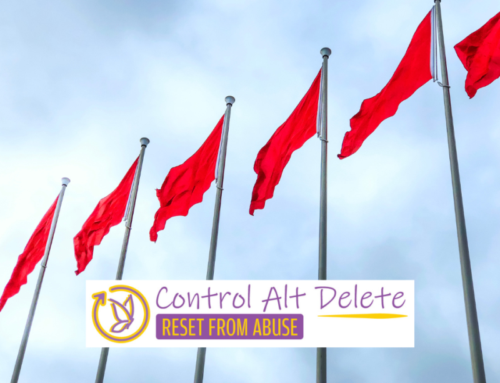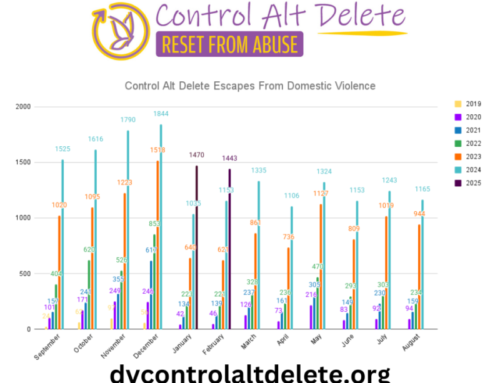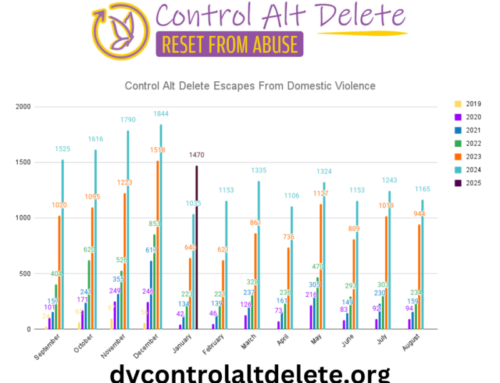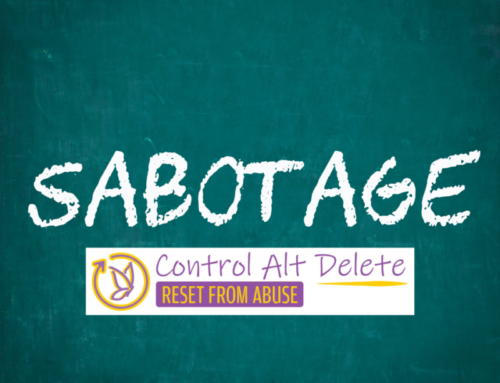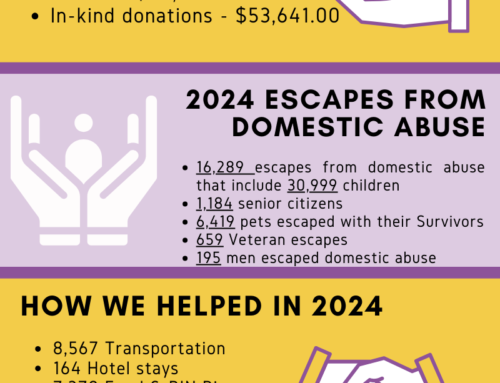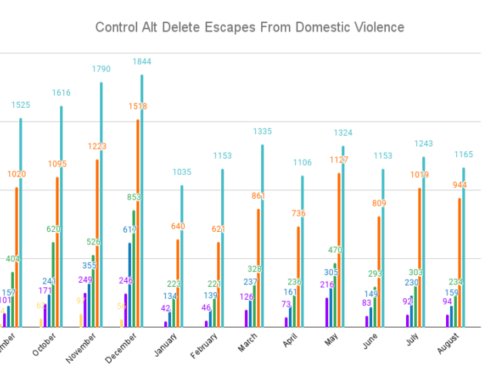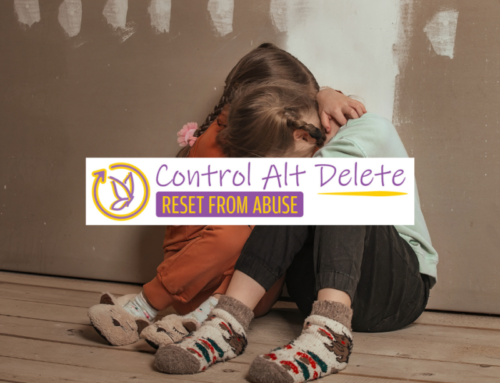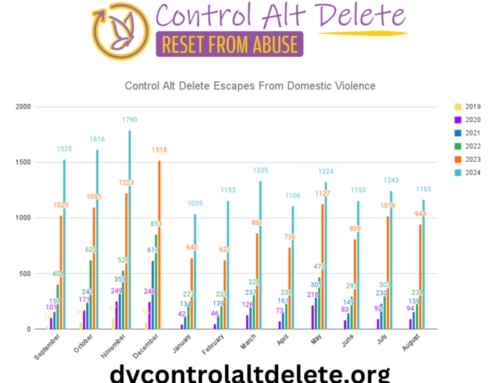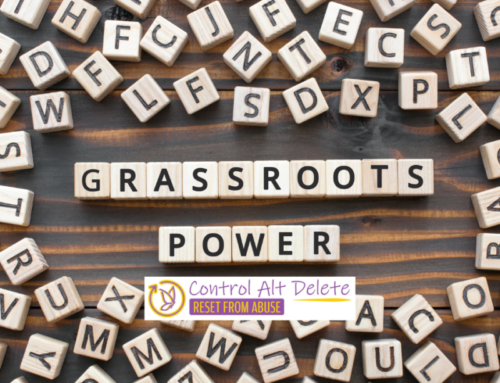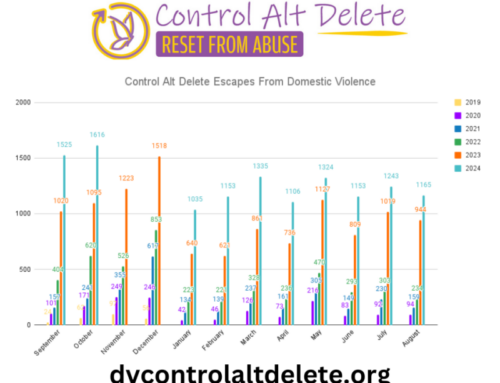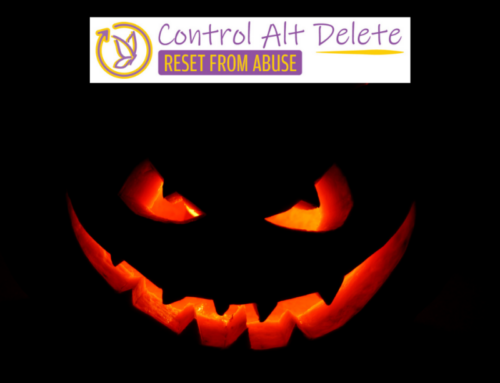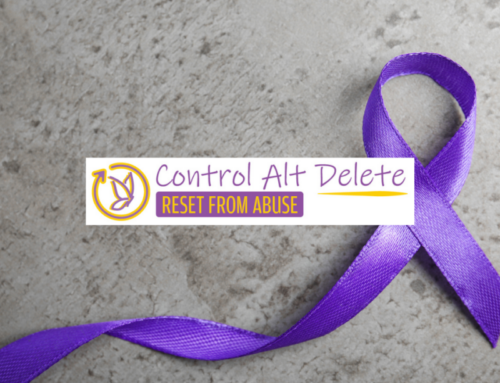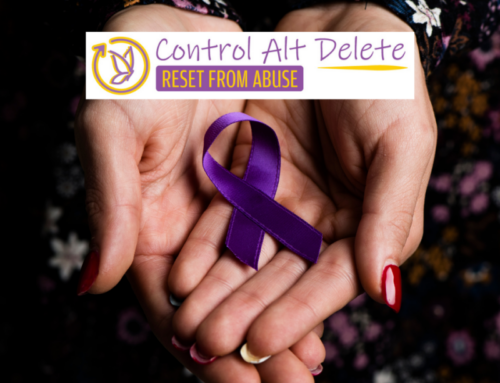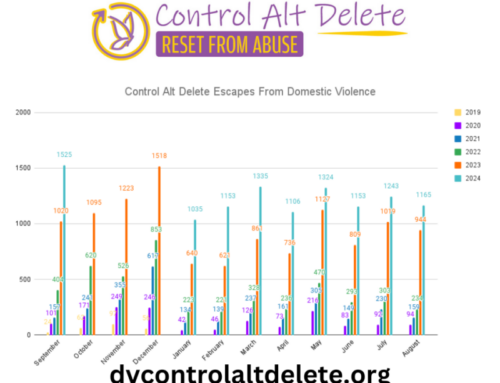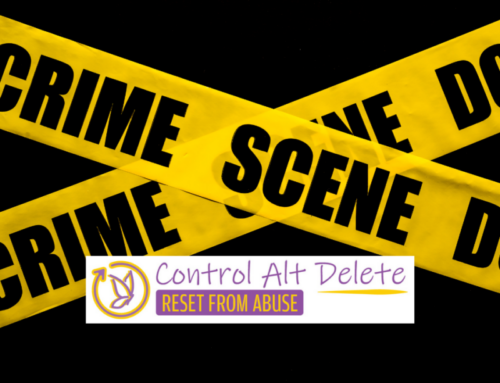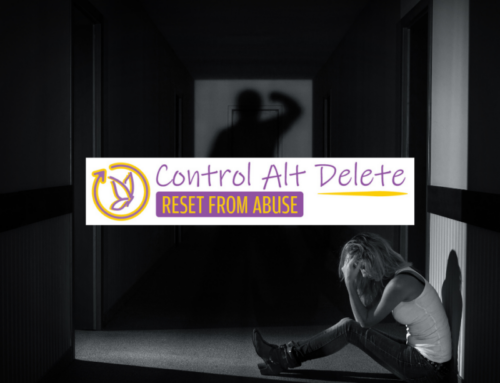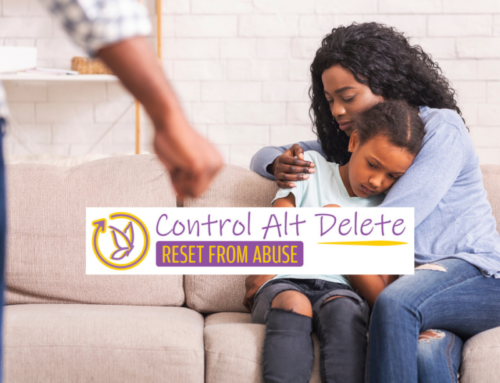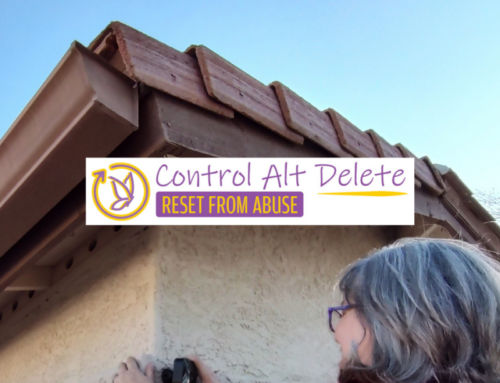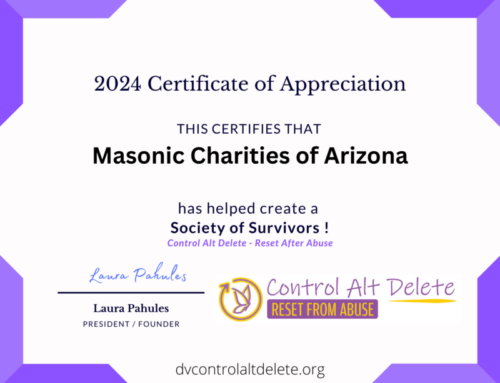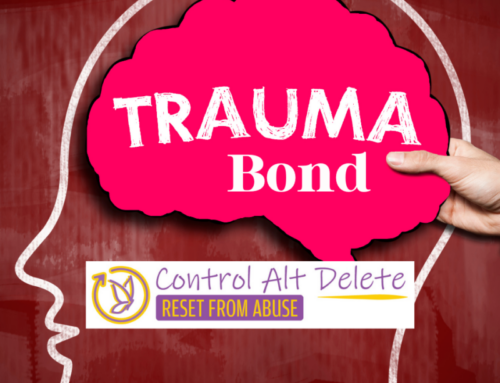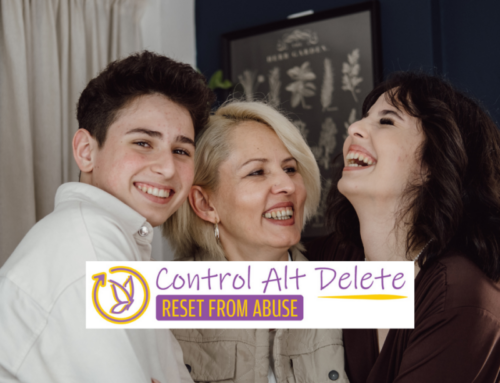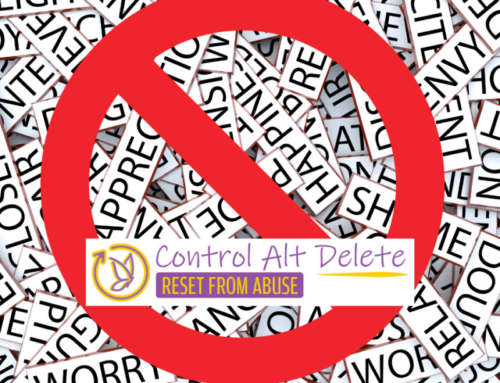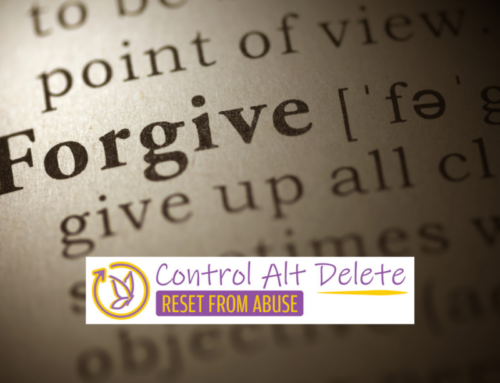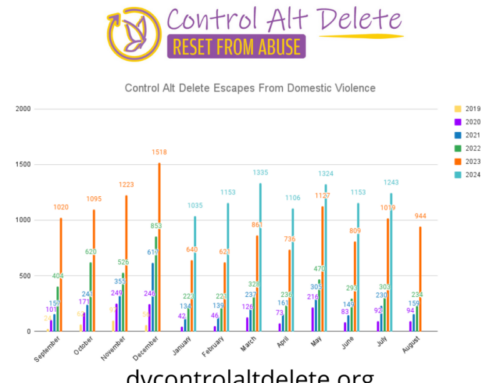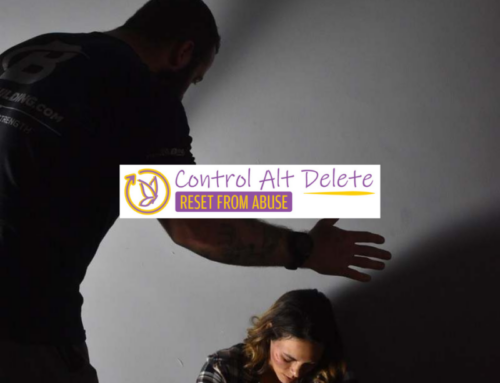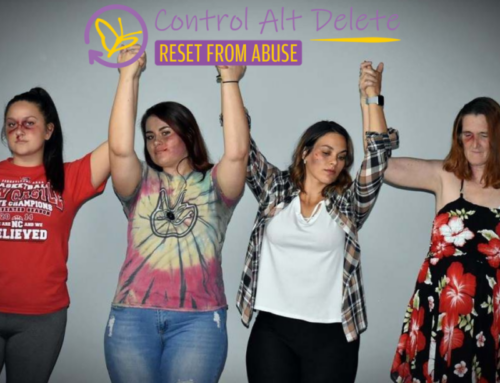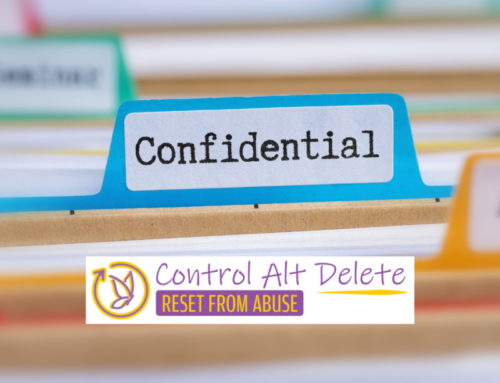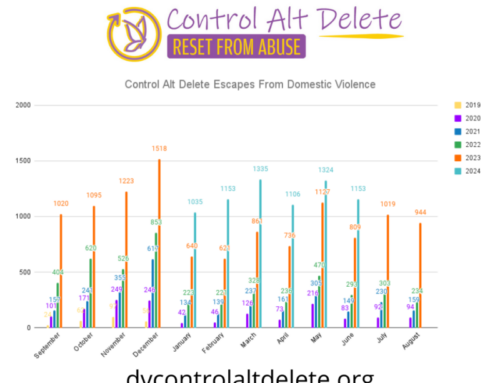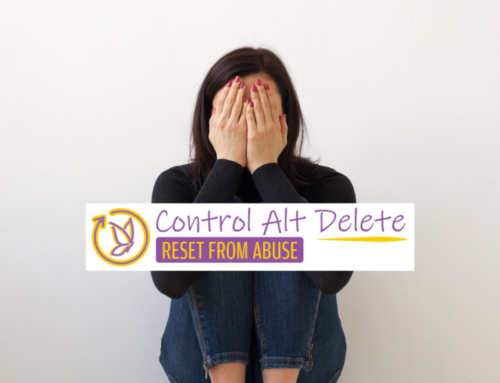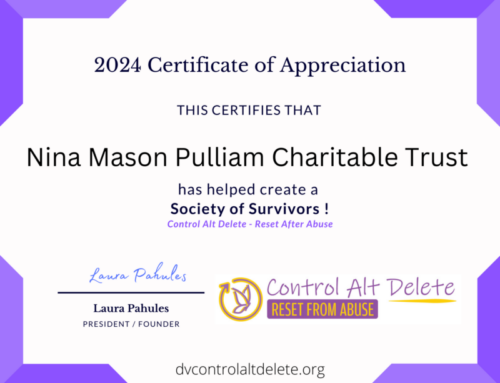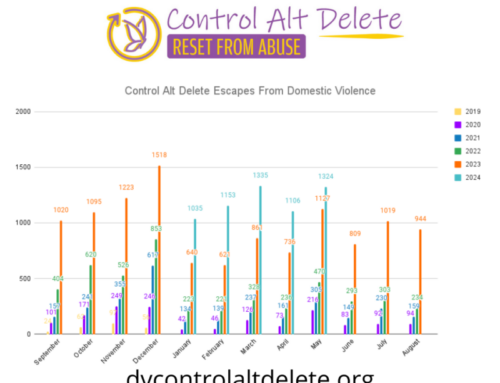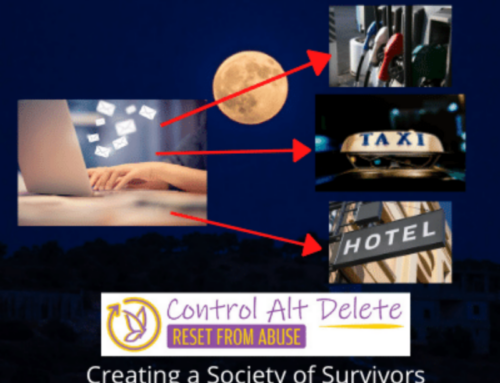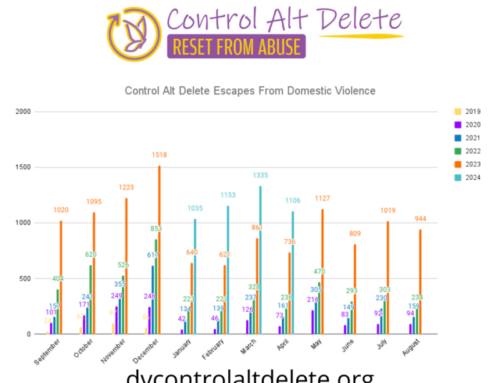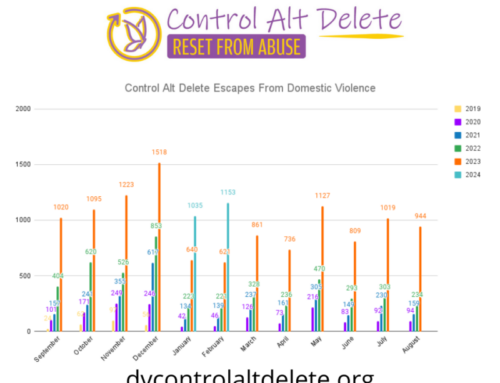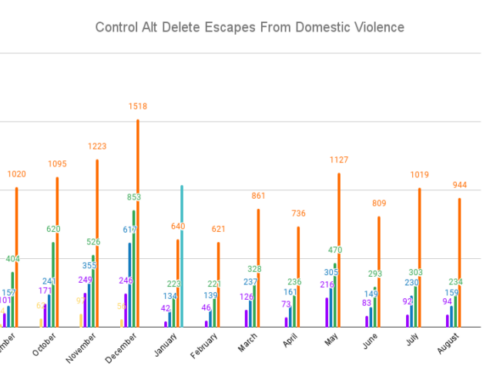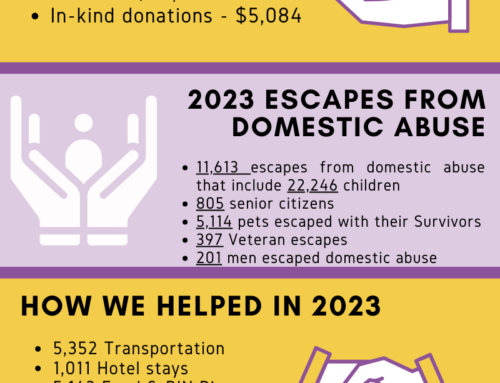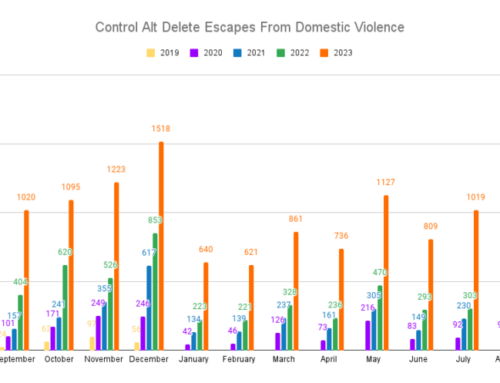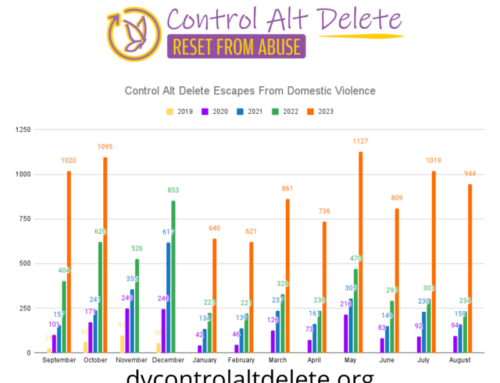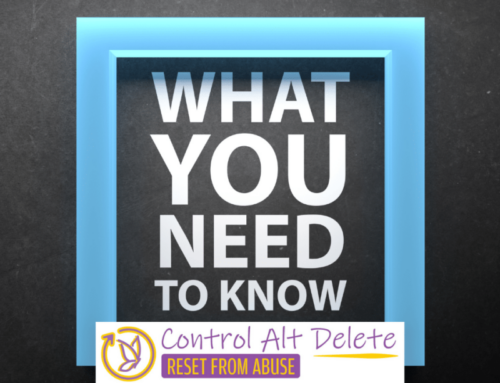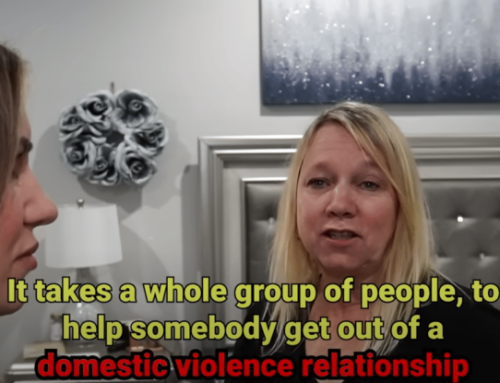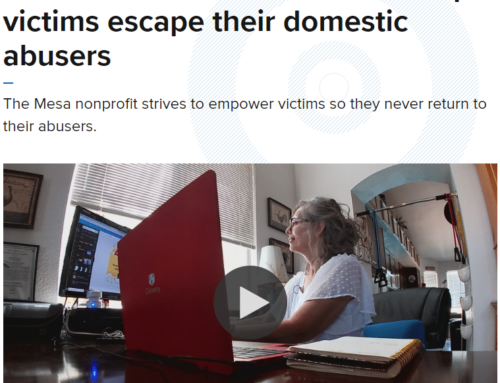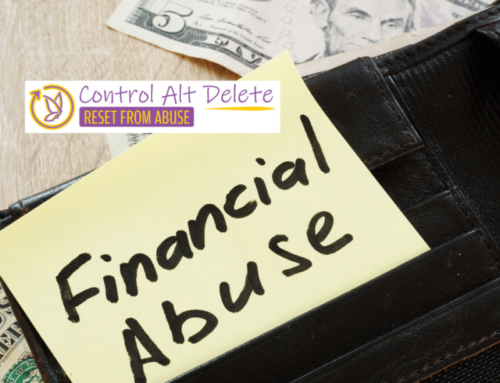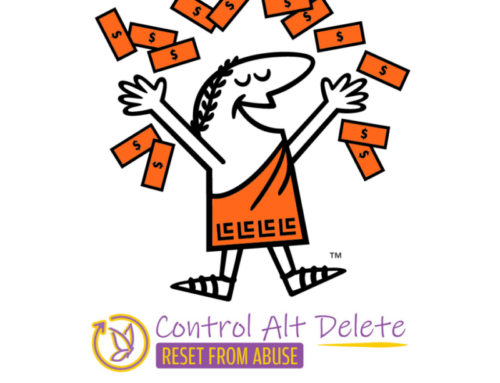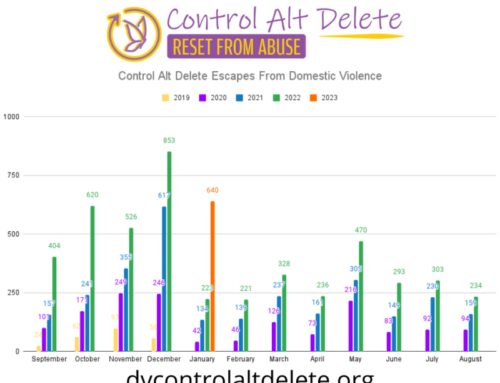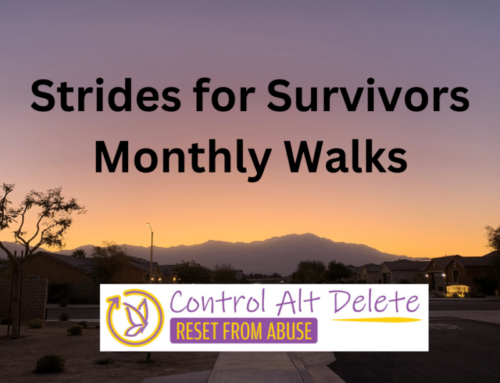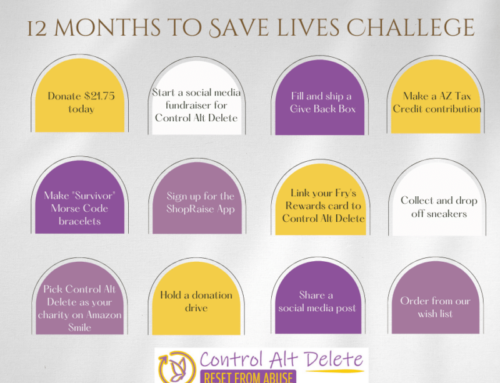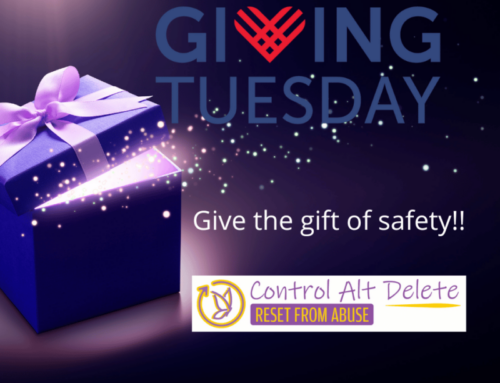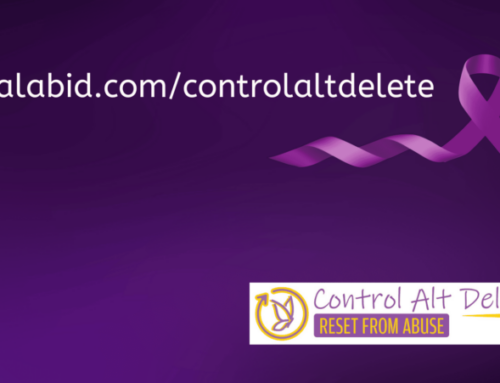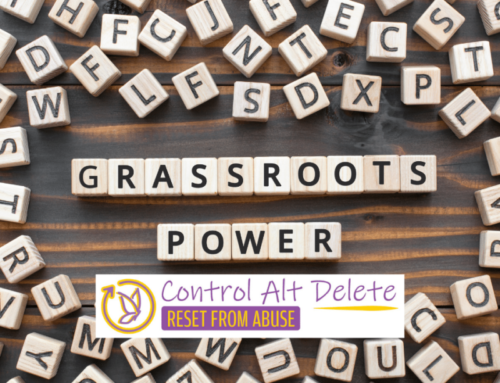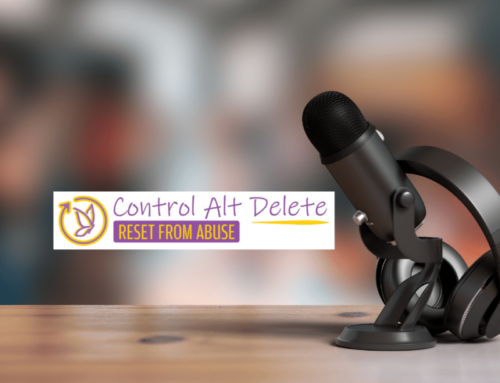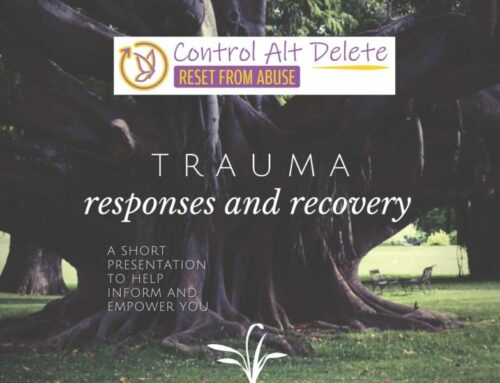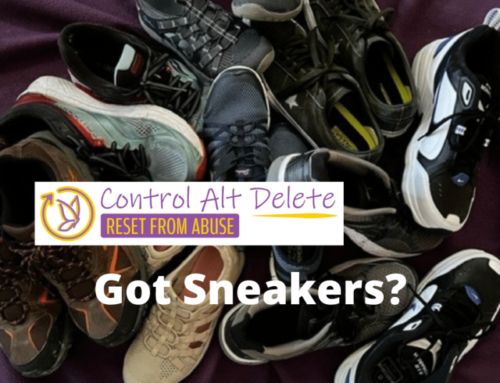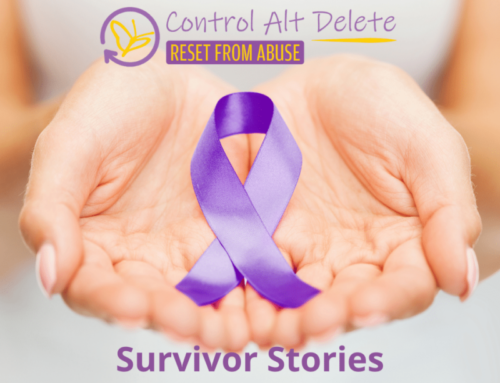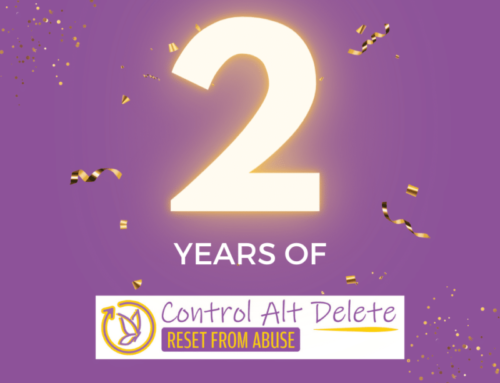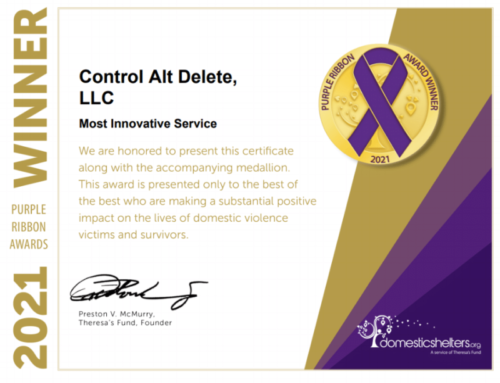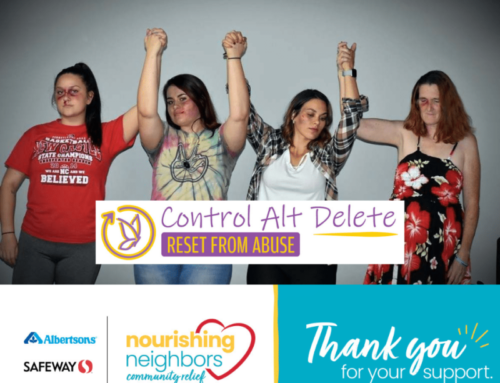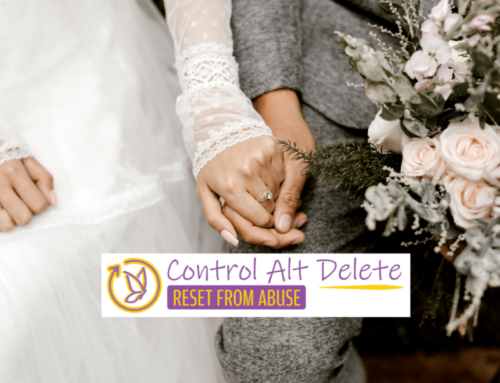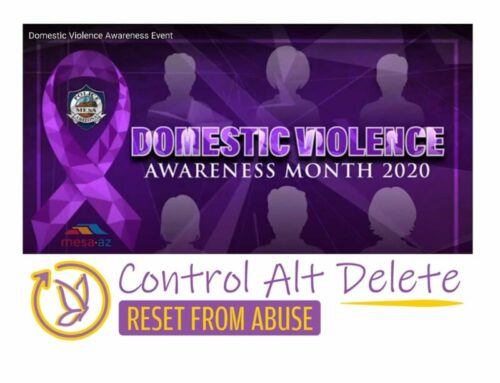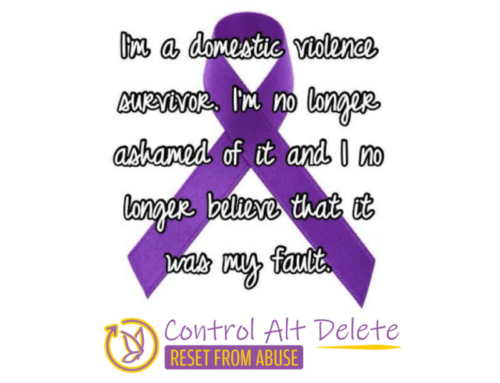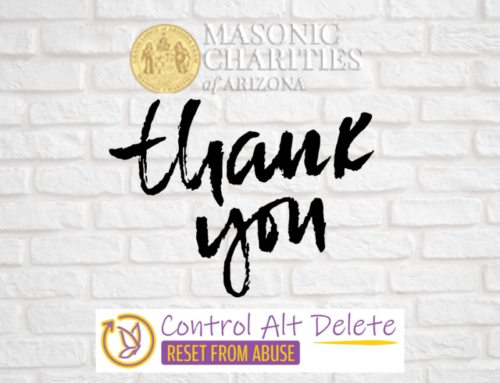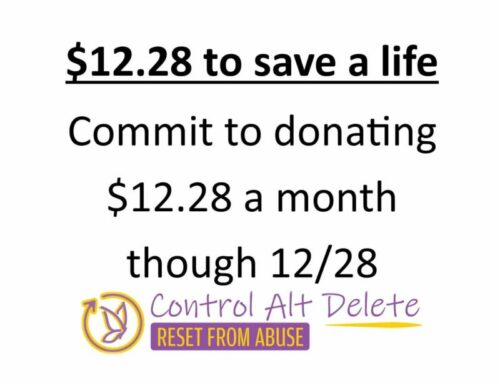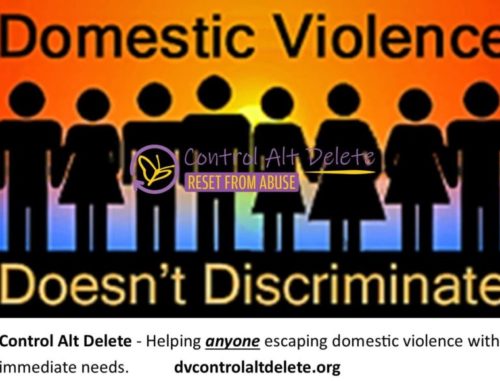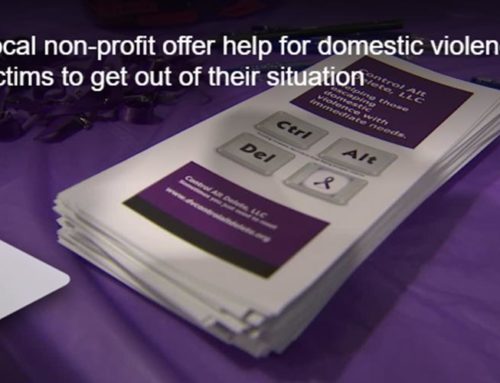Abusers Use Fear as a Tool for Control and Behavioral Modification
Fear is a powerful tool in the hands of an abuser, and they use it deliberately to manipulate and control their victims. Often, Survivors of domestic violence find themselves trapped in a world of fear—fear of physical harm, emotional torment, and threats to their loved ones. These fears are not only used to intimidate, but also to modify the survivor’s behavior in ways that benefit the abuser, keeping them trapped in a cycle of submission and terror.
The Power of Personalized Fear
Abusers know that everyone has fears, and they are often acutely aware of what terrifies their partner the most. Whether it’s a deep-rooted phobia or a vulnerable area in their personal life, the abuser will target those fears with precision. Take, for example, a Survivor with a known fear of snakes. An abuser might exploit that phobia by using it to terrorize them.
Imagine this scenario: The abuser deliberately places a snake (or something that looks like one) in a space the Survivor frequents—a bedroom, bathroom, or car. This terrifying act is meant to paralyze the Survivor with fear, making them feel unsafe in their own home and proving that the abuser has control over every aspect of their life. Even if the abuser doesn’t bring a real snake into the house, the suggestion of it, a threat, or a fake prop can trigger panic and dread, breaking down the survivor’s mental and emotional defenses.
This calculated manipulation of fear reinforces the Survivor’s dependence on the abuser, pushing them to comply with demands in order to avoid further emotional trauma. The abuser essentially creates a living nightmare, where the survivor is always on edge, fearing the next tactic of terror.
Threats of Losing Loved Ones
Abusers don’t just exploit phobias; they also weaponize the things survivors care about most—their children, family, and security. One of the most common and devastating threats abusers use to control their victims is: “You will never see the kids again.”
This threat, aimed at a parent who is desperately trying to protect their children, can be enough to force the Survivor into submission. The fear of being separated from their children, or worse, losing custody entirely, keeps many Survivors trapped in abusive relationships. Abusers might manipulate the legal system, telling survivors they’ll lie in court or hire a powerful lawyer to take the children away.
In some cases, the abuser might even make good on these threats by temporarily removing the children from the Survivor’s care, driving home the message that they have the power to sever this critical bond. The fear of losing contact with their children becomes so overwhelming that the Survivor may feel they have no choice but to stay in the abusive relationship, no matter how much it deteriorates their emotional or physical well-being.
Behavioral Modification Through Fear
Once an abuser has weaponized these fears, they use them to modify the Survivor’s behavior. Over time, Survivors may find themselves making constant concessions—changing their actions, words, and decisions—to avoid triggering the abuser’s anger or threats. This manipulation leads to a complete erosion of the Survivor’s autonomy and self-worth.
- Fear of Punishment or Retaliation: Survivors begin to alter their behavior to avoid the abuser’s wrath, making decisions based on what will keep them “safe.” If a Survivor knows that bringing up the children’s well-being might provoke the threat of losing custody, they may avoid the subject altogether, even when it’s crucial to their children’s safety.
- Compliance Through Intimidation: Abusers will use emotional and psychological intimidation, forcing Survivors to constantly second-guess their every move. This can lead to a survival-based mindset where the Survivor is no longer acting on their own needs but is in a constant state of reacting to the abuser’s manipulations.
- Isolation as a Control Mechanism: Abusers also isolate Survivors from friends and family, making them fear that reaching out for help will result in further punishment, like being cut off from the children. The abuser may say things like, “If you talk to anyone, I’ll make sure you lose the kids for good.” This isolation deepens the Survivor’s sense of helplessness and makes it harder for them to escape.
Breaking the Chains of Fear
For Survivors of abuse, recognizing how fear is being used as a weapon is critical to breaking free from the cycle of manipulation and control. This process can be overwhelming, especially when those fears have been ingrained for years, but it is possible.
- Understanding the Abuser’s Tactics: Knowledge is power. Survivors must understand that the abuser is using their fears, phobias, and emotional vulnerabilities as tools of control. Once Survivors can see these tactics for what they are—manipulative strategies—they can begin to reclaim their strength and autonomy.
- Reaching Out for Help: Even though abusers try to isolate their victims, resources like Control Alt Delete are available to provide immediate support. Survivors don’t have to face their fears alone. Whether it’s legal assistance, safe housing, or emotional support, reaching out to an organization dedicated to helping domestic violence Survivors can be a lifeline.
- Creating a Plan: Safety planning is essential for Survivors who are ready to leave an abusive situation. This plan may include finding a safe place for their children, documenting threats, and working with trusted professionals to ensure their protection as they transition to a life free from abuse.
Control Alt Delete is Here to Help
At Control Alt Delete, we recognize the complex and terrifying dynamics that abusers use to control their victims. Whether it’s manipulating a Survivor’s fears, using threats to their children, or exploiting their deepest vulnerabilities, abusers create a prison of fear. But it doesn’t have to be this way. We are here to provide immediate assistance, offering the resources and support Survivors need to break free from fear and control.
If you or someone you know is facing this kind of abuse, have your advocate reach out to Control Alt Delete for assistance.
